El Salvador’s Bitcoin wallet gets sats, cats and a cypherpunk manifesto

Approximately $700 in satoshis were sent to El Salvador’s new “Bitcoin piggy bank” across dozens of donations.

Only hours after El Salvador publicly announced its move to store a “big chunk” of its Bitcoin (BTC) in a physically secured cold wallet, Bitcoiners have already lined the wallet with their favorite “rare sats” and Ordinals.
On March 14, El Salvador President Nayib Bukele announced his country’s new “Bitcoin piggy bank” — storing a portion of the country’s Bitcoin holdings in a cold wallet stored in a physical vault.
“We’ve decided to transfer a big chunk of our #Bitcoin to a cold wallet and store that cold wallet in a physical vault within our national territory.”

The wallet currently shows a balance of $388 million in Bitcoin, according to Bitcoin explorer Mempool.
However, Ordiscan shows the wallet also contains at least 67 Ordinals donations, including BRC-20 tokens, text inscriptions, images, a 3D “runestone” and even a copy of the “Cypherpunk Manifesto” — a document authored by Eric Hughes in March 1993 proposed to uphold privacy via encryption in the electronic age.

The wallet also contains approximately $700 in satoshi donations, with a number of these being “pizza” and “vintage” labeled sats — pizza sats, for example, come from the 10,000 BTC famously used by early Bitcoin contributor Laszlo Hanyecz to pay for two Papa John’s pepperoni pizzas on May 22, 2010. Vintage sats on the other hand refer to sats that were mined within the first 1000 Bitcoin blocks.
A total of 56 transactions have been sent to El Salvador’s new wallet address — with the vast majority of them representing small value transfers.
“Gotta love bitcoiners. Donations rolling in to El Salvador’s cold wallet, said Gerson Martínez, a strategist at El Salvadoran Bitcoin mining project Volcano Energy in a March 15 X post.

The X account of HODL15Capital also applauded Bukele and El Salvador for its transparent approach.
The 5,689 Bitcoin is considerably larger than the 2,864 BTC, worth $195 million, that was understood to be held in the government’s treasury, according to figures from Nayib Bukele Portfolio Tracker.
However, Bukele recently said that figure doesn’t include Bitcoin that the government has earned from its passport program, mining projects and converting BTC to United States dollars for local businesses, to name a few.

El Salvador relied on multisig to get the funds across
The 5,689 BTC balance came from several transactions. The first transfer of 1,120 BTC, worth $76.5 million, was made on March 13 via a 3/5 multisignature authorization, which four signatories approved, according to Mempool.

The largest transfer of 4,000 BTC, worth $273 million, occurred at 9:38 pm UTC on March 14 — about two hours after Bukele shared the news.
Bukele was reelected as president on Feb. 4, taking home over 80% of the votes.
He spearheaded the country’s Bitcoin revolution in September 2021, helping El Salvador become the first country to make Bitcoin legal tender.
Big Questions: How can Bitcoin payments stage a comeback?

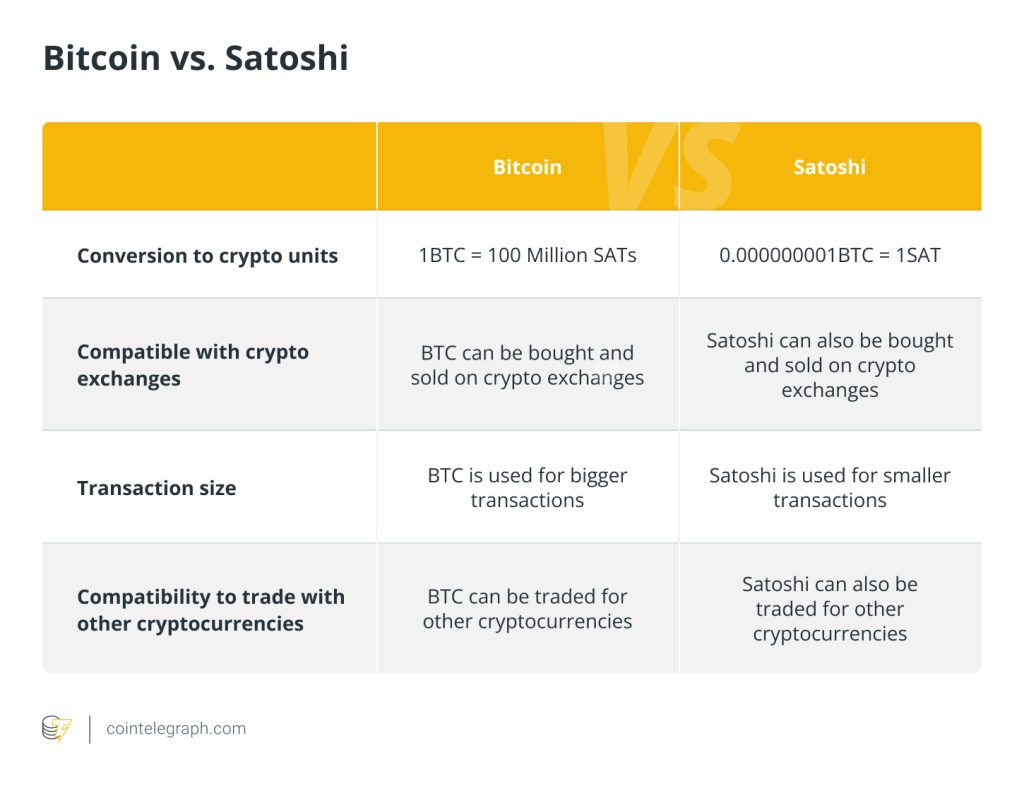
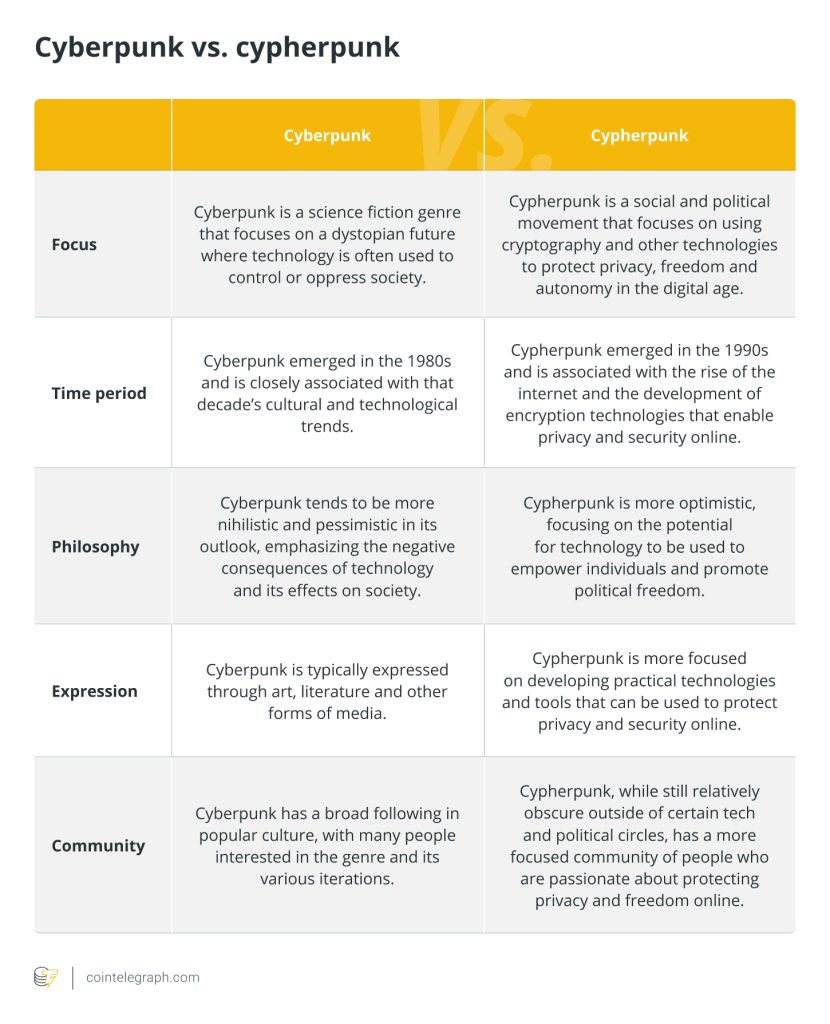
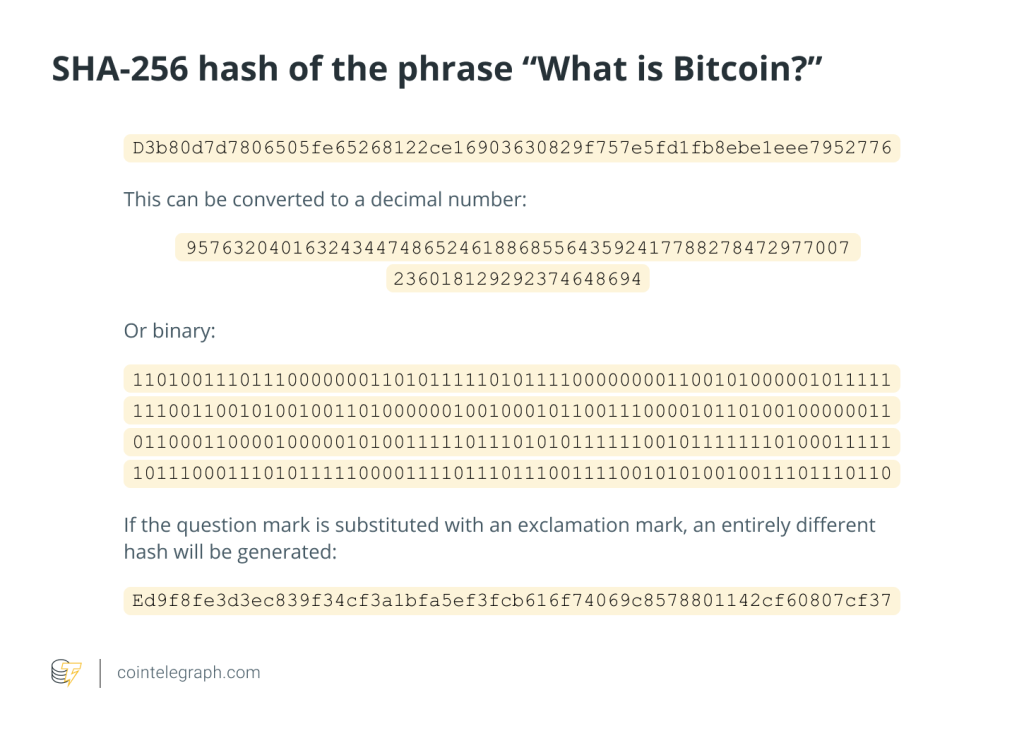
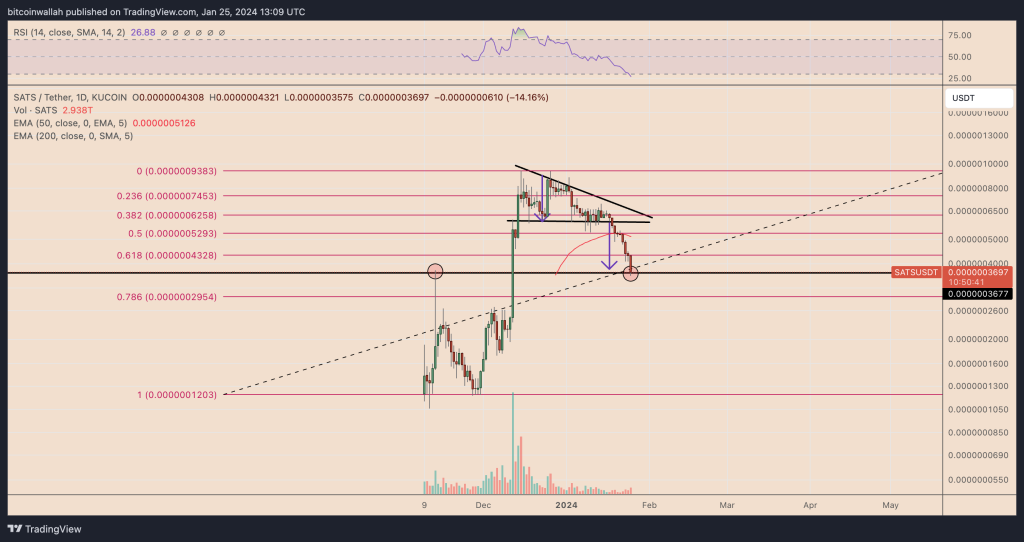
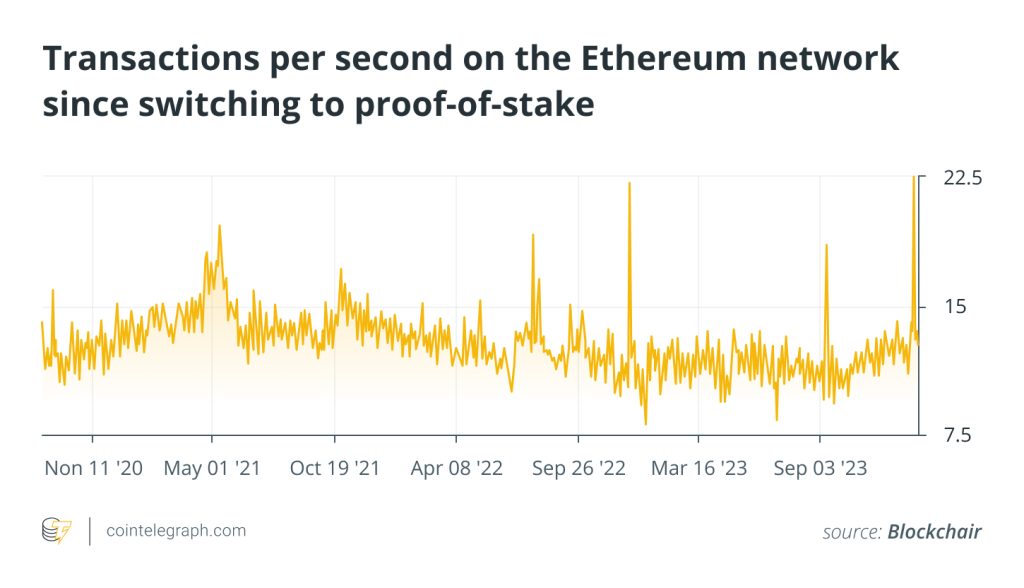
Responses